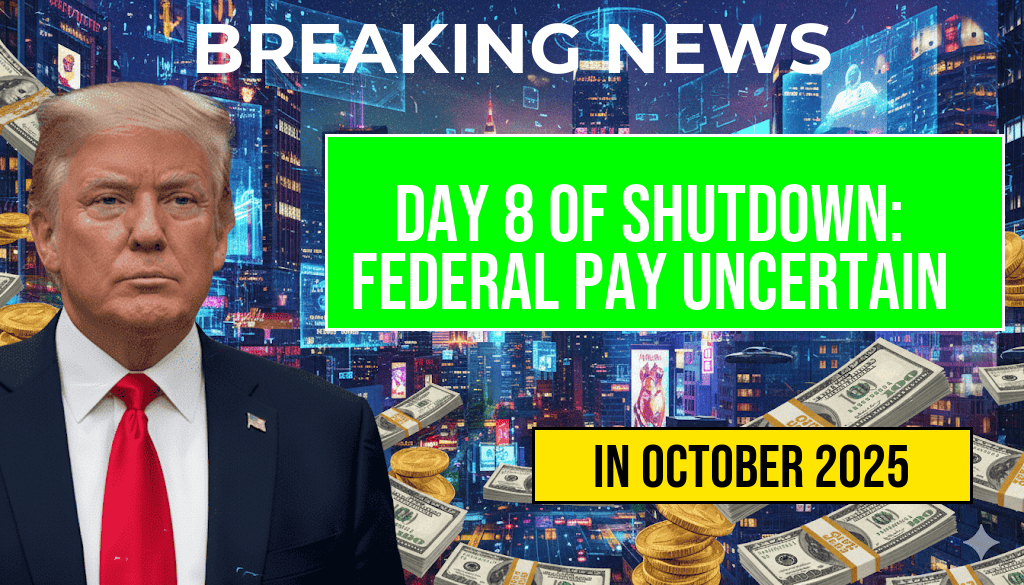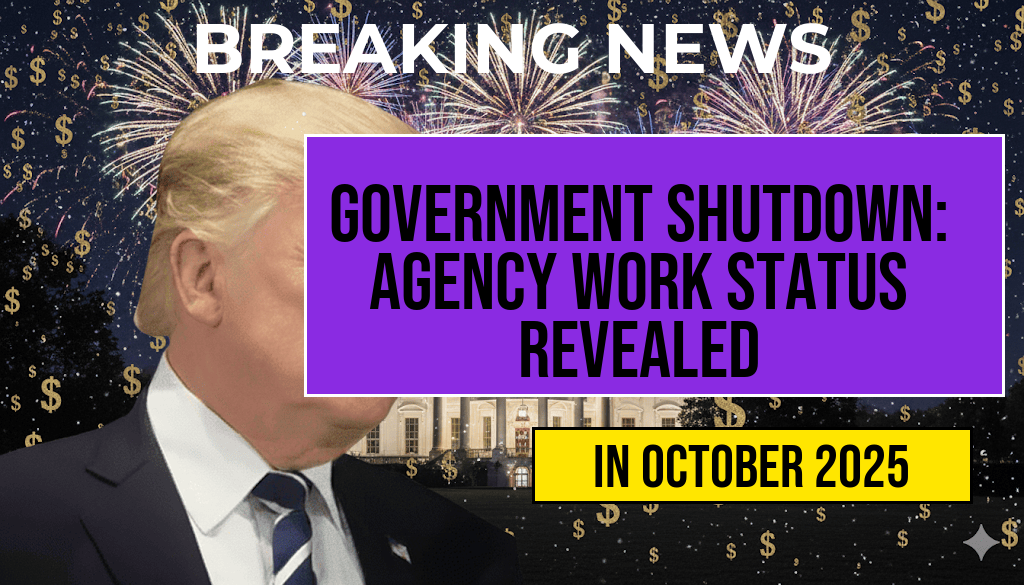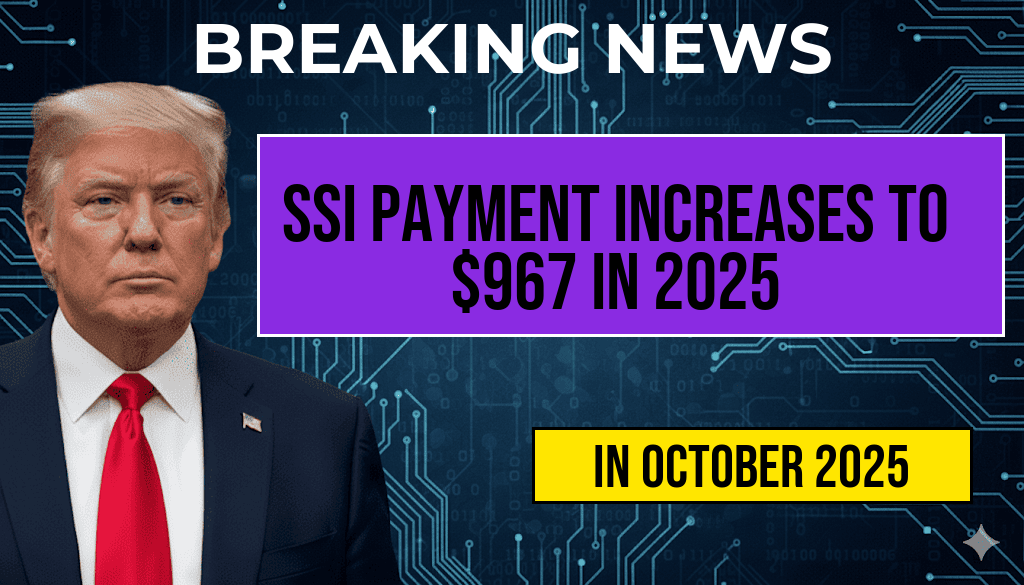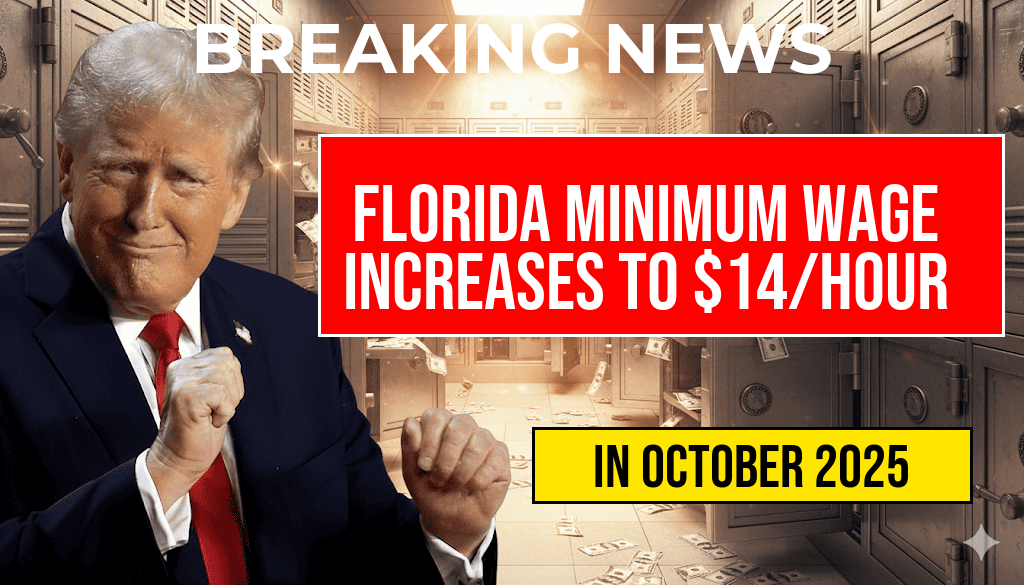As the United States government enters a partial shutdown, millions of Americans are left wondering how the disruption will affect essential services. The shutdown, triggered by political standoffs over budget allocations, has led to a significant reevaluation of operations across various federal agencies. Key services such as Social Security, the IRS, and national defense are all impacted, but the extent of service continuity varies widely. A detailed breakdown of which agencies remain operational and which face significant reductions provides clarity amid the uncertainty. Some critical functions may continue to operate, albeit at a limited capacity, while others may come to a complete halt, leaving many in a precarious position.
Operational Status of Federal Agencies
The following sections outline the operational status of major federal agencies during the government shutdown:
Social Security Administration
The Social Security Administration (SSA) continues to process benefits and applications during the shutdown. However, field offices may have limited staffing, which could affect in-person services. Beneficiaries can still access online services, but delays in new applications are expected.
Internal Revenue Service
The IRS faces significant disruptions. While essential tax processing will continue, many taxpayer services, including live assistance and audits, will be suspended. Taxpayers should brace for potential delays in refund processing and other interactions.
Department of Defense
Operations at the Department of Defense (DoD) will remain largely unaffected. Military personnel will continue their duties, and essential services like healthcare for active-duty members will proceed uninterrupted. However, some non-essential projects and services may see a slowdown.
Transportation Security Administration
The Transportation Security Administration (TSA) will maintain its operations across airports, ensuring that screening and security measures remain in place. Travelers can expect to see minimal impact on security lines and airport services.
National Parks and Services
Many national parks and recreational areas will close to the public during the shutdown. This means that visitors will not have access to park facilities, and ranger services will be limited. Local economies dependent on tourism may face adverse effects due to these closures.
Federal Courts
Federal courts will continue to operate during the shutdown, but their operations may be affected as funding runs low. Cases may be delayed or rescheduled, and certain civil functions could be scaled back.
Implications for Federal Employees
The government shutdown has significant implications for federal employees. Many agencies have been forced to furlough non-essential personnel, resulting in a loss of income for those affected. Essential employees, however, are required to work without pay until the shutdown concludes.
Furloughs and Pay
- Non-essential employees are furloughed.
- Essential employees must work without pay.
- Back pay is typically granted once the government reopens.
Public Services and Benefits
| Agency | Operational Status | Impact on Services |
|---|---|---|
| Social Security Administration | Operational | Limited in-person services; online benefits processing continues. |
| Internal Revenue Service | Partially Operational | Limited taxpayer services; refund delays expected. |
| Department of Defense | Fully Operational | Military services unaffected; some projects may slow. |
| Transportation Security Administration | Fully Operational | Security operations continue; minimal impact expected. |
| National Parks | Closed | Access denied to facilities; local economies may suffer. |
Looking Ahead
As the shutdown continues, the long-term effects on federal agencies and the American public remain uncertain. The ongoing negotiations in Congress will play a pivotal role in determining when normal operations will resume. Until then, individuals relying on federal services should prepare for potential disruptions.
For more information about the ongoing government shutdown and its implications, you can visit sources such as the Wikipedia page on government shutdowns or the Forbes article on the impact of government shutdowns.
Frequently Asked Questions
What is a government shutdown?
A government shutdown occurs when Congress fails to pass funding legislation for government operations, resulting in the temporary closure of non-essential federal agencies and services.
Which agencies are affected by the government shutdown?
During a government shutdown, various federal agencies may be impacted, including the IRS, Social Security, Department of Defense, and TSA. Each agency has different protocols regarding which employees remain on duty.
Will Social Security payments continue during a shutdown?
Yes, Social Security payments will typically continue during a government shutdown because they are considered essential services, although some processing and customer service functions may be limited.
How does a government shutdown impact the IRS?
The IRS operates with limited staff during a government shutdown, which can delay tax processing, refunds, and customer service assistance for taxpayers.
What should travelers expect from the TSA during a shutdown?
During a government shutdown, the TSA still operates, but staffing levels may be reduced, potentially leading to longer wait times at security checkpoints in airports.











